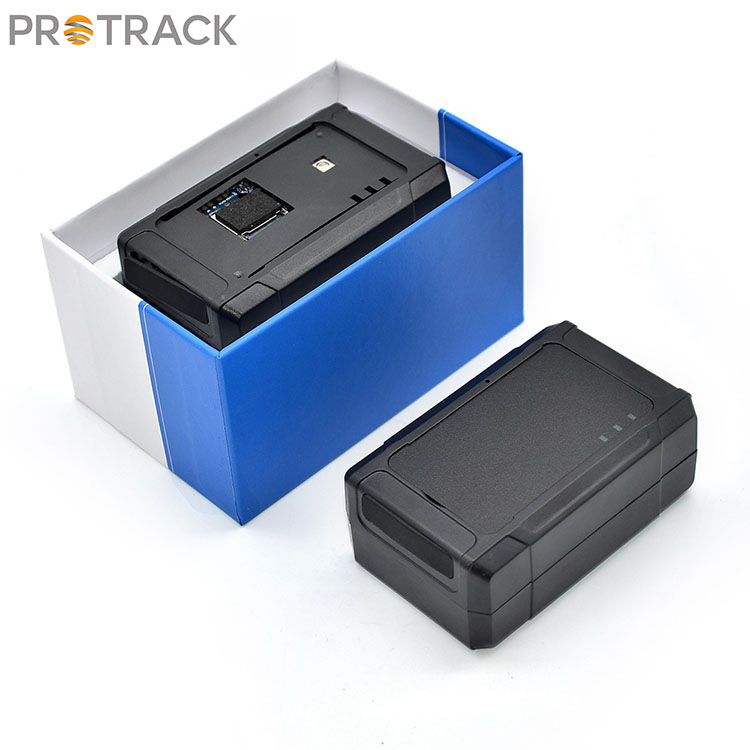Features and aspects associated with wireless vehicle trackers
2024-02-21
A wireless vehicle tracker is a device that utilizes wireless communication technologies to monitor and track the location of a vehicle in real-time. These trackers are commonly used for various purposes, including fleet management, vehicle security, and personal tracking. Here are key features and aspects associated with wireless vehicle trackers:
1. GPS Technology:
- Global Positioning System (GPS): Most wireless vehicle trackers use GPS technology to accurately determine and report the vehicle's location. GPS provides precise geographical coordinates, allowing for accurate tracking.
2. Wireless Communication:
- Cellular Networks: Wireless vehicle trackers typically use cellular networks (such as 4G or 5G) to transmit location data to a central server. This enables real-time tracking and remote monitoring from a web-based platform or mobile application.
3. Real-Time Tracking:
- Live Location Updates: Wireless vehicle trackers provide real-time tracking information, allowing users to monitor the vehicle's location continuously. This is valuable for fleet management, logistics, and security applications.
4. Geo-Fencing:
- Virtual Boundaries: Many trackers support geo-fencing features, allowing users to define virtual boundaries or zones. When the vehicle enters or exits these predefined areas, the system sends notifications or alerts.
5. History and Reports:
- Journey History: Wireless trackers often store historical data, allowing users to review past routes and locations. This information can be useful for analyzing travel patterns, optimizing routes, and generating reports.
6. Tamper Alerts:
- Anti-Tamper Features: Some wireless vehicle trackers include tamper alerts. If someone attempts to remove or disable the device, it triggers an alert, notifying the owner or administrator.
7. Power Source:
- Battery or Vehicle-Powered: Wireless vehicle trackers can be powered by the vehicle's electrical system or have their own rechargeable batteries. Battery-powered trackers are often used for assets or vehicles without a constant power source.
8. Mobile Applications:
- User-Friendly Apps: Many tracking systems provide mobile applications that allow users to track vehicles, set alerts, and view reports using smartphones or tablets.
9. Multiple Device Integration:
- Fleet Management Platforms: For fleet applications, wireless vehicle trackers can often be integrated into larger fleet management platforms, offering additional features such as maintenance tracking, fuel monitoring, and driver behavior analysis.
10. Sensors and Additional Features:
- Temperature, Fuel, or OBD-II Integration: Some trackers come with additional sensors to monitor parameters like temperature or fuel levels. Integration with the On-Board Diagnostics (OBD-II) port provides access to vehicle health information.
11. Privacy and Security:
- Secure Communication: Security is a crucial aspect of wireless vehicle tracking. Systems use secure communication protocols to ensure the confidentiality and integrity of the data transmitted.
12. Subscription Plans:
- Service Fees: Many wireless vehicle tracking services operate on a subscription-based model, where users pay for ongoing access to the tracking platform and services.
Wireless vehicle trackers provide valuable insights into vehicle movements, enhance security, and contribute to efficient fleet management. When choosing a wireless vehicle tracker, it's important to consider factors such as coverage, compatibility, and the specific features required for the intended application.



